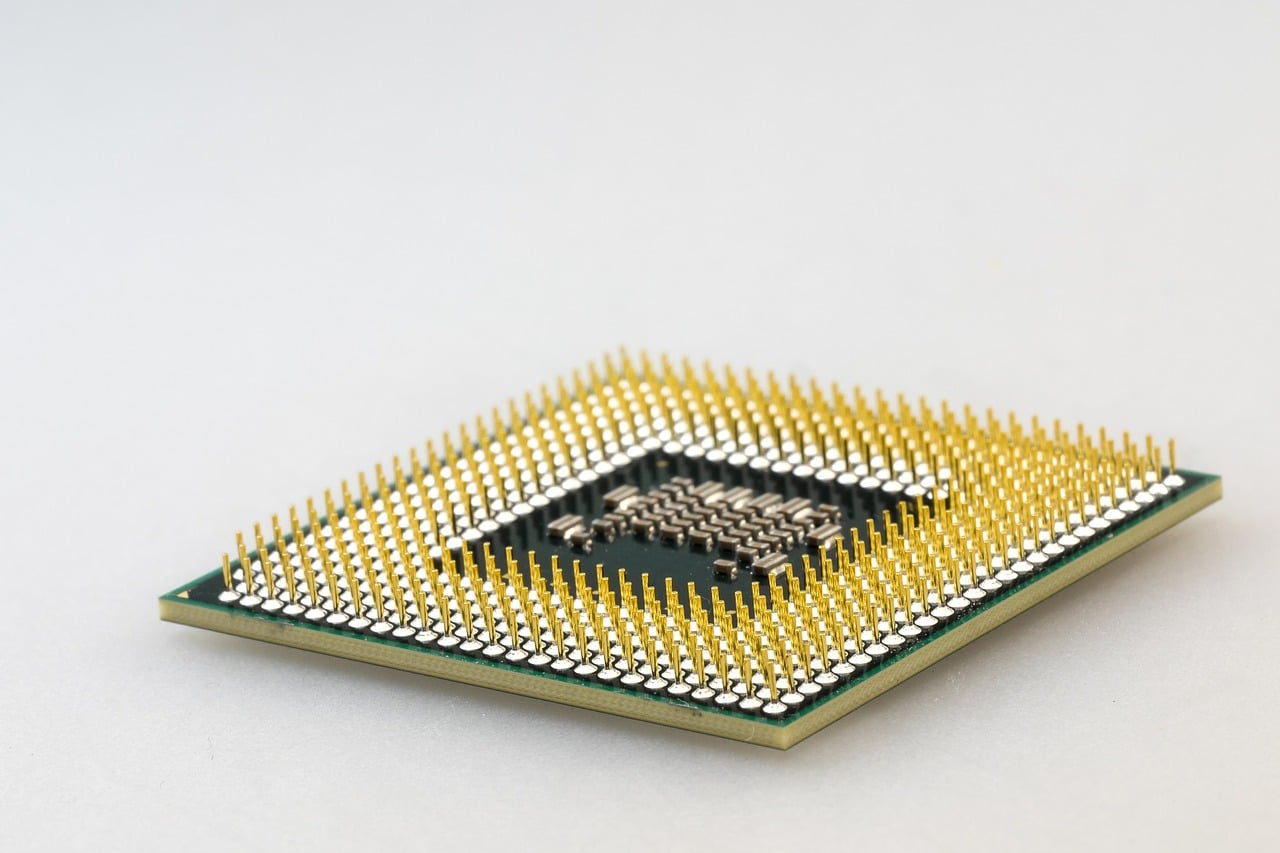
Chesterton said that the function of journalists is to communicate the death of Lord Jones to people who had no idea that someone named Lord Jones lived. The truth is that, except for a small number of characters known to the general public, the world of technology is full of very valuable people who we know nothing about until an obituary reminds us of their contributions.
For example, shortly after Steve Jobs' death, Dennis Ritchie died. Ritchie's contributions were far more impressive than Jobs's. He led the development of Unix and was one of the creators of the C programming language. Two things without which Apple would not be what it is.
However, at the time of his death and on the tenth anniversary, the impact was much less.
About Jay Last's death
Another valuable stranger was Jay Last. Last, who passed away at 92 years of age, He was one of the inventors of the silicon chip. His company was one of the first eight to move to Silicon Valley, laying the financial, cultural, and economic foundation for what was long the computer technology capital of the world.
Son of immigrants, a German and a Scottish-Irish (both teachers) emigrated at the age of 16 from his hometown to participate in the fruit harvest in California. Since he arrived before the start, he had to survive on 5 cents of carrots a day until he could start working.
In 1956 Last was completing a doctorate in physics at the Massachusetts Institute of Technology when he received a visit from William Shockley, co-inventor of the transistor and future Nobel Prize winner, who offered to join a new group that was looking to commercialize a silicon transistor in a laboratory near Palo Alto, California.
It was neither Shockley's reputation nor the challenge that determined Last to accept the offer. He did so because the new lab was in the northern California valley, where he had spent a summer harvesting fruit after hitchhiking from his home in the Pennsylvania steel area.
It didn't last long in the new job. Confronted with his boss, along with seven other co-workers known by the sympathetic name "The Eight Traitors," he founded his own transistor company known as Fairchild Semiconductor., in what is now considered the hometown of Silicon Valley.
It was in this company that Dr Last, together with his team of scientists, developed a fundamental technique that is still used to make computer chips.
The invention of Fairchild Semiconductor
Shockley and his team used materials like silicon and germanium to create the transistor, a superior alternative to traditional vacuum tubes. However, the problem of how to connect them to build a bigger machine persisted.
Last and his team tried using chemical compounds to etch the transistors onto a sheet of silicon, cut them, and connect them with individual wires, yet the method proved difficult, expensive, and the results fell short of expectations.
It was then that one of Fairchild's founders, Robert Noyce, suggested using the same sheet of silico to build both the transistors and the wires. It is the method that continues to be used today.
The last years
Jay Last had retired from the computer industry for 47 years, managing his investments and his collections of African art and citrus box labels. In addition, he was a writer and practiced mountaineering.
As a curious fact, while he was finishing his doctorate, in addition to Shockley's offer he received another to assume the position of director of the glass laboratory in Butler, Pennsylvania, where he had worked during the summers. When he told his parents, his mother said, 'Jay, you can do a lot better than that with your life.'
So you know kids. Pay attention to your mothers. They will end up revolutionizing the computer industry and will be able to spend their last years collecting labels from citrus boxes.